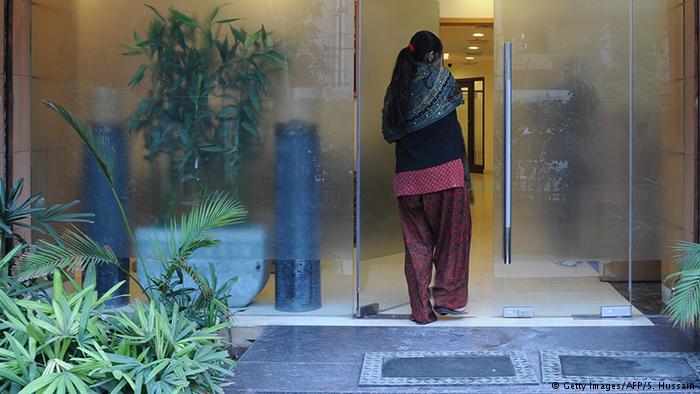The Cost of Being a Woman
The clock strikes 8:30 in the morning. You are already running late for work so you rush out into the streets. As you walk down, a group of men start catcalling you and one of them whistles slyly.
At the bus stand, a man stares and makes you feel uncomfortable to the point that you bring your files close to your chest and hold them tightly. The crowded bus turns up and you get on because you have no alternative. You struggle to find a place to stand properly. Meanwhile, a guy pushes you from behind and brushes his arms against yours making it seem like a casual touch. You throw a ‘No!’ stare at him. The guilty man lowers his eyes in shame and maintains a good distance. As you get off the bus, you breathe a sigh of relief.
It’s the same story every day and getting to the workplace has always been a painful ordeal.
An obscene gesture. A derogatory remark. A whistle. An uncomfortable stare. An outright grope. The humming of a lewd song. “Eve teasing” (a euphemism used in South Asia for sexual harassment that is also known as street harassment) takes many forms and can occur anywhere, not only on buses but in educational institutions, offices, theaters, parks, even places of worship…
From early on, girls and women learn to live with this fear and accept it as part of their daily routine. Many will even pretend that an incident did not happen out of concern it might escalate into something more threatening. ‘Look away and ignore’ is what we have been taught since we were small. Most of us do not dare to speak up for fear that bad rumors about our morality will be spread. On the contrary, when women do muster the courage to speak out they are told to adjust their behavior – to change their bus routes, travel in groups or with a male chaperone, to dress modestly, drink less alcohol, not return home late etc etc.
The term “eve teasing” is itself flawed, referring as it does to the first woman according to the Bible’s creation story and to her temptress nature. It implies that women are responsible for the harassment. The traditional mindset is that women create the problem – they are not the victims. Some even claim that it would not occur if women did not wear short skirts or revealing tops, thus deliberately exciting men. This takes the responsibility for sexual harassment away from men.
Men accused of “eve teasing” will often claim it was a harmless prank, “just for fun”. This belittles the fact that sexual harassment causes physical and psychological damage that can have fatal consequences.
Sexual harassment encroaches on a woman’s right to privacy, attacking her dignity, honor and self-respect.
Despite the global nature of this issue, there are few effective laws to curb sexual harassment. In South Asia, societal silence towards street harassment exacerbates the situation. It’s about time we break this silence.
It is said that a spectator is no better than a culprit. Intervene when someone is being harassed and let the wrongdoer know that his actions are not condoned by others! Girls who are harassed need help finding courage to stand up for themselves too.
If you are harassed and feel safe enough let the wrongdoer know that his actions are unacceptable, but do so calmly without resorting to insult or attack.
Let us usher in the change we wish to see in the world. Let us redefine our moral codes of conduct. Let this world be hers as much as it is his.
Author: Preeti Shakya
Editor: Marjory Linardy







